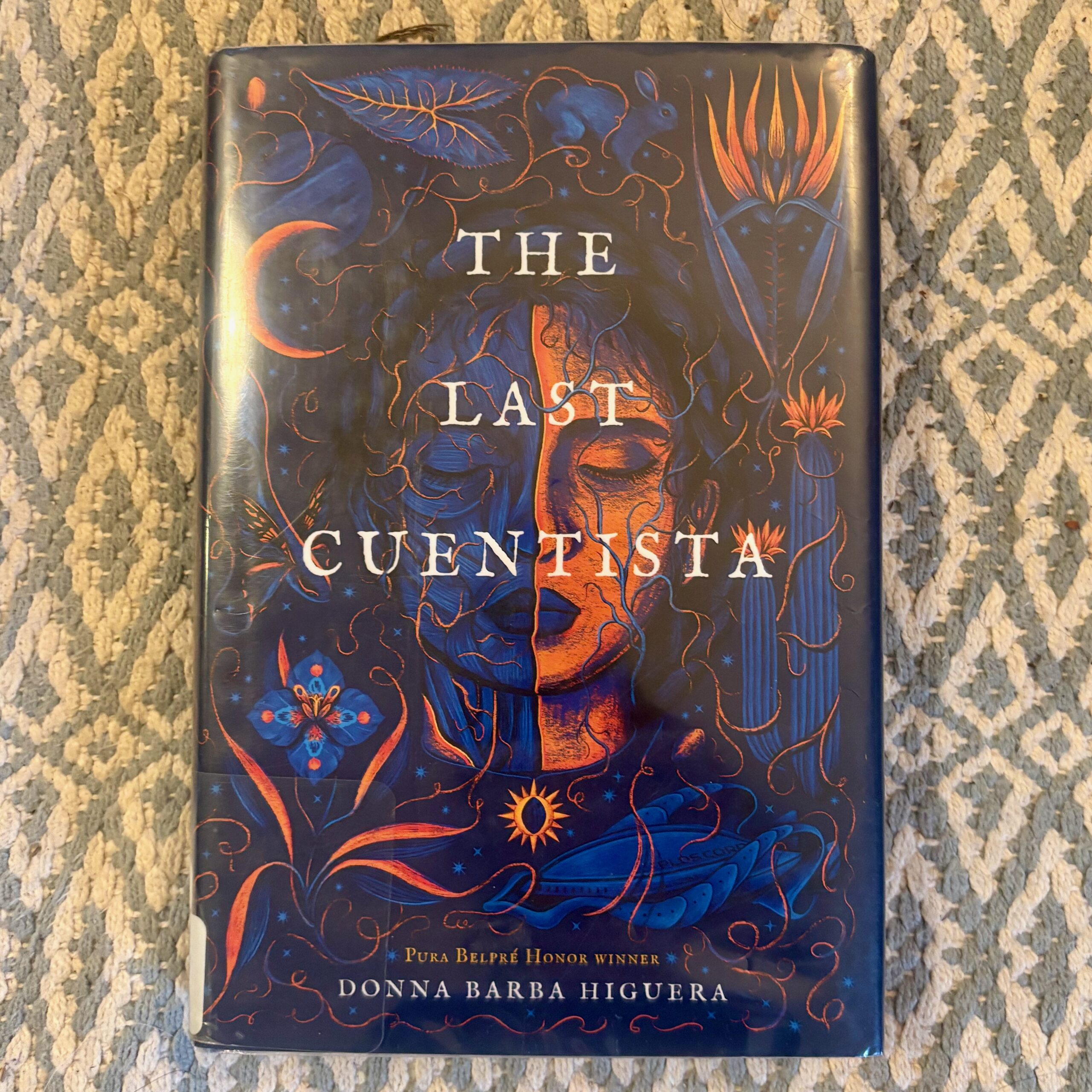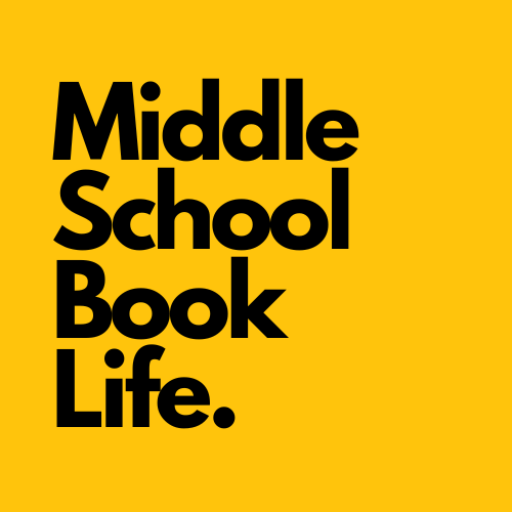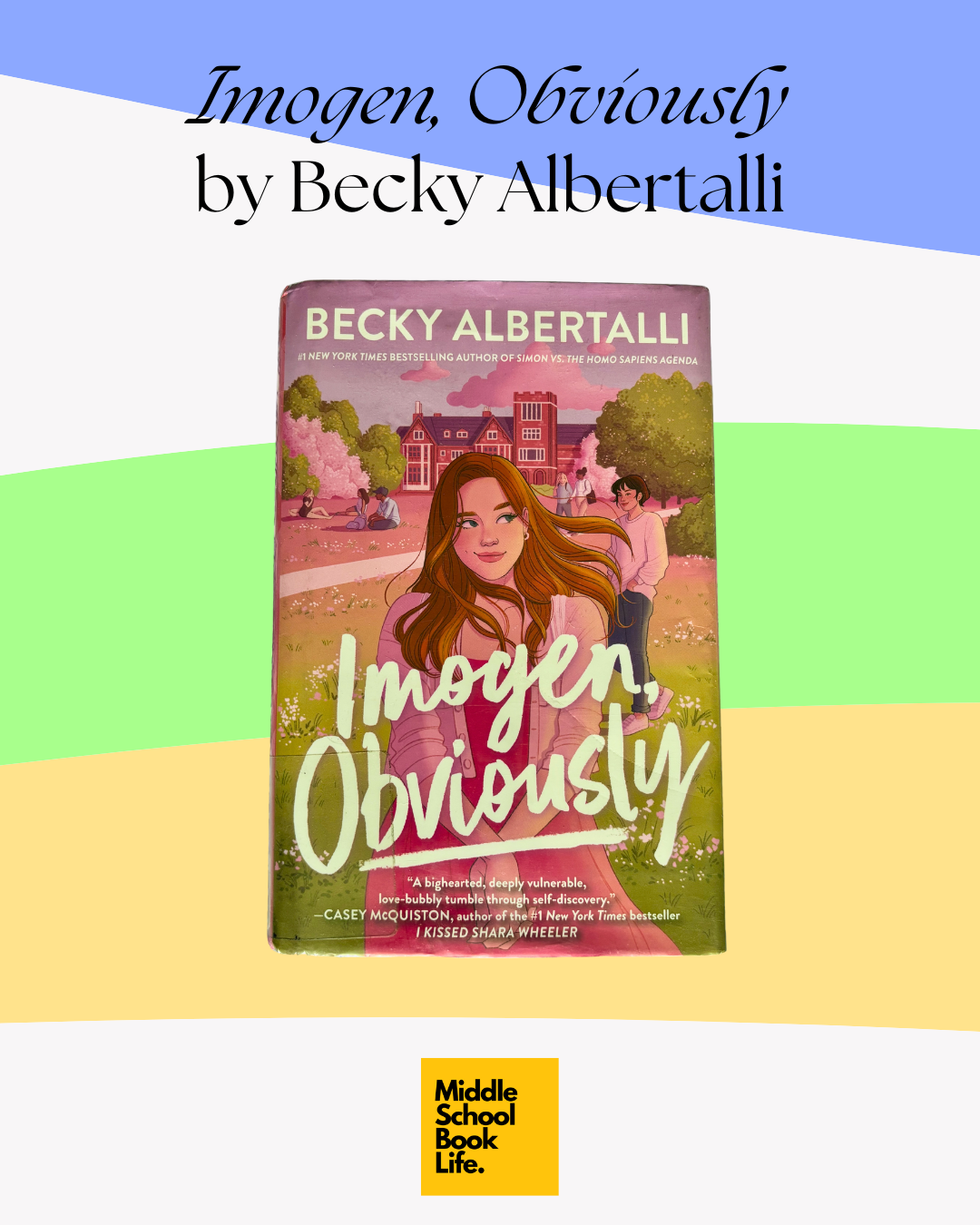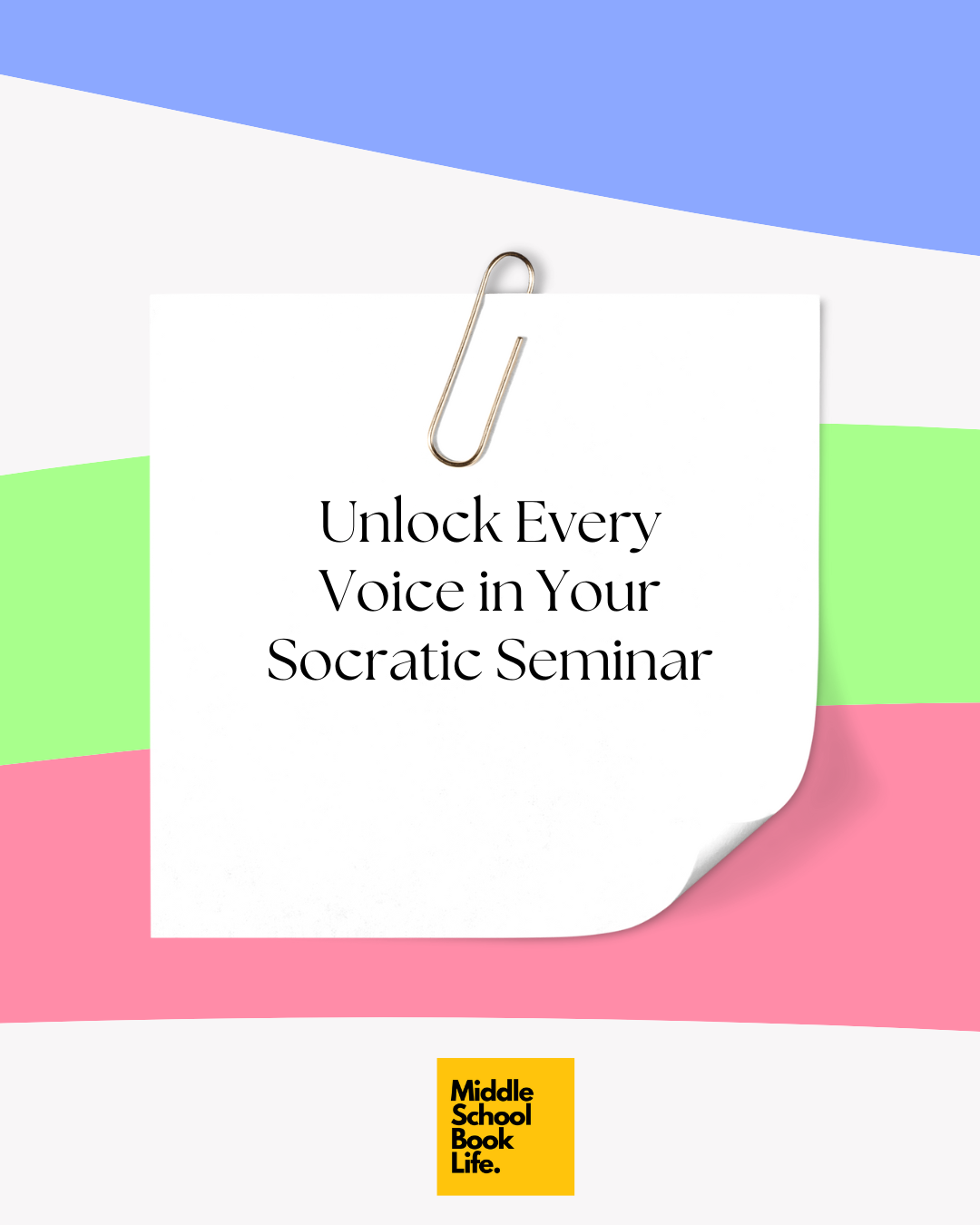Units on dystopian literature are popular in middle school ELA classrooms for good reasons. These books feature characters asserting their autonomy, overthrowing authority, and hellbent on justice. Sound like the young teenagers in your classroom? The Last Cuentista weaves together sci-fi and story telling as it illustrates a society rife with brainwashing and propaganda. Read on to figure out the best ways to bring it into your curriculum.

Title: The Last Cuentista
Author: Donna Barba Higuera
Genre: Dystopian
Age Range: 12+
Summary: Petra’s family has been selected to journey on a spaceship to a distant planet, leaving days before Halley’s Comet is forecasted to crash into Earth. Petra and her family will be in induced comas for the 380 years it takes to reach their new home planet. Once there, they and the other passengers will be charged with repopulating the human race. But the journey doesn’t go as planned. When they reach their new planet, a rebellion has led to brainwashing and a new order that demands compliance and obedience. Petra is the only one left who remembers Earth — she is the last Cuentista. Will she be able to pass on her stories before the Collective finds out and reprograms her mind?
Recommend it to students who enjoy
Obviously this is a great fit for your dystopian-loving students. Once they have a grasp on dystopian as a genre, they’ll be able to devour The Last Cuentista. Hand it to students who enjoyed Hunger Games, City of Ember, The Giver, and Divergent.
But there are other inviting elements of this story that will appeal to students who like these books:
- The Illuminae Files by Amie Kaufman and Jay Kristoff(teenagers saving the world from the confines of a spaceship)
- Ender’s Game by Orson Scott Card(The Last Cuentista is less complex than Ender’s Game, but it also features teenagers with unique gifts who are tasked with saving humanity)
- The Living by Matt de la Peña (Latinx protagonist who inadvertently embarks on dangerous adventures to combat a power-hungry foe)
Teach The Last Cuentista in Dystopian Book Clubs
The Last Cuentista is a fresh addition to your dystopian Book Club unit. Here’s what it can add:
- Representation: Petra and her family are Latinx. Their heritage and culture are prominent, including lots of Spanish language throughout the book.
- Essential Questions: Are stories essential to our humanity? What else is lost when stories are lost?
- Dual Language: It’s readily available in English and Spanish. This creates access for Spanish-speaking multilingual learners in your classroom or serves as a challenge for students learning Spanish as a second language (such as in a dual language program).
- Compare & Contrast: How is Petra similar to and different from fellow dystopian protagonists Katniss and Tris? Across texts, which measures to ensure conformity are most notable? How do the communities manage to hang on to their collective humanity?
- Sci-fi: Most of the story takes place on a spaceship and includes expeditions to another planet. The futuristic technology and space travel can prompt Book Club discussions, such as: is technology to blame for the ills of this society? What happens to make the technology shift from a positive, lifesaving-force in society to a mechanism for absolute control?
When you’re ready to start your unit, set classroom management on autopilot by challenging each Book Club to create their own Charter. They collaboratively determine their vision, what they want to get out of the experience, and what measures they will take to hold each other accountable. It takes the pressure off you and promotes student independence.
Get your ready-to-go Charter here. Use it in any Book Club unit.
My Final Two Cents: Adding a recently-published title as a new Book Club option is an easy way to improve the unit without doing a major overhaul. Want some help? Send me a message!
This post includes affiliate links. Any purchases made through them come at no extra cost to you but they do help keep this newsletter free and accessible.


